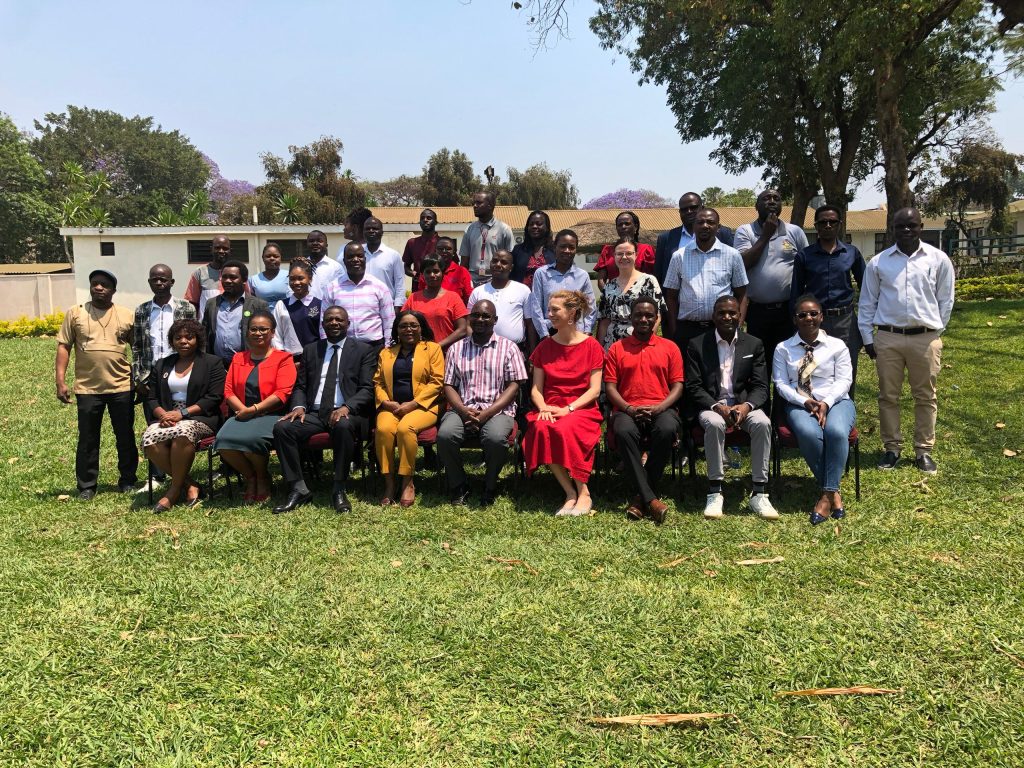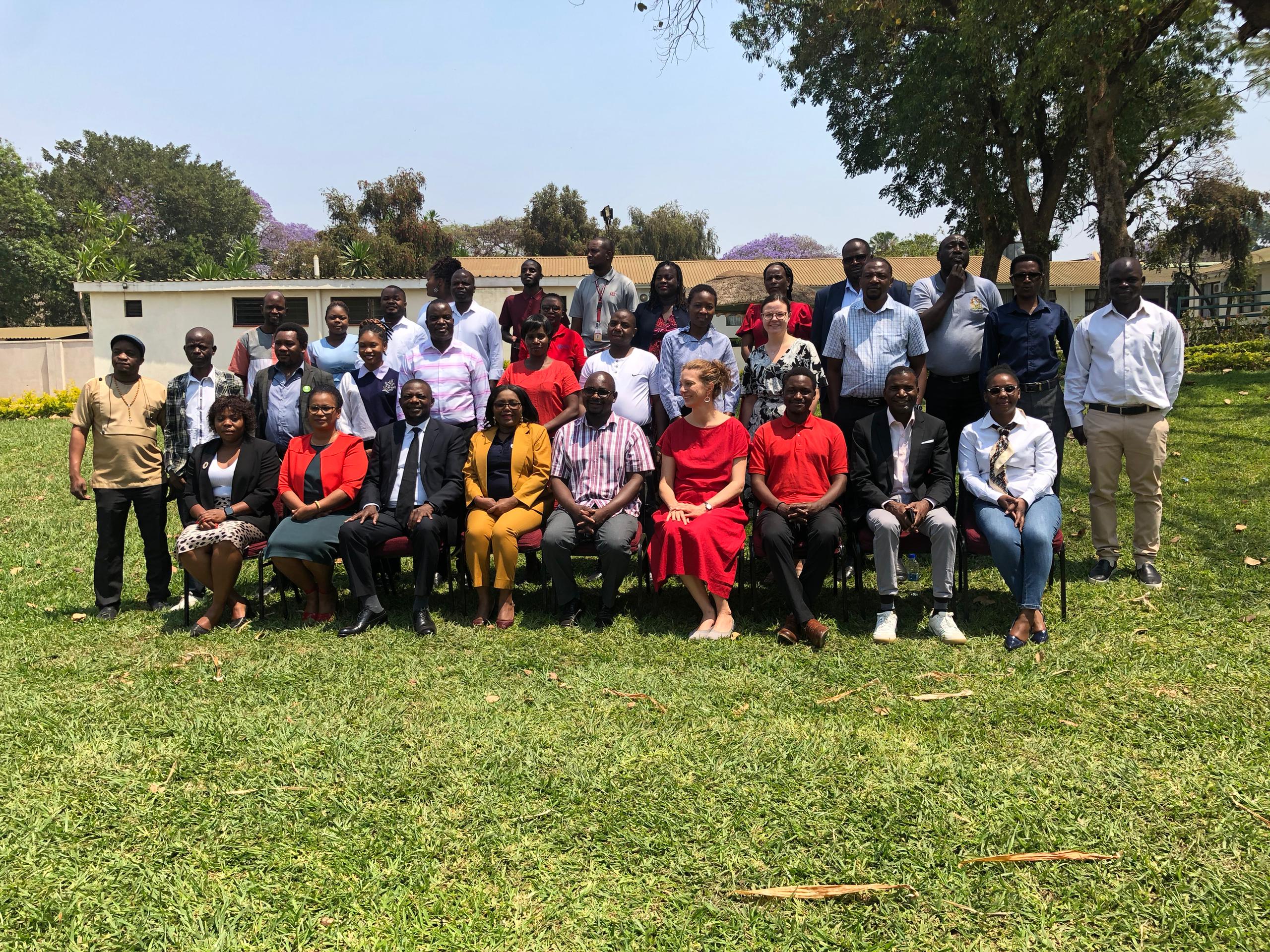Civil Society Social Protection Network (CSSPN) says it intends to develop a strategic plan, to fulfill its mandate of safeguarding the rights of ordinary Malawians.
According to the organisation this plan will serve as a set of guidelines to facilitate the network’s engagement with rural communities across the country.

This was said during the regional consultation workshop for the development of the 2025/2030 strategic plan in Lilongwe, where the organisation’s Chairperson Robert Mkwezalamba revealed that the meeting aimed to enable civil society organizations in the social protection sector to contribute to shaping the future direction of the network.
Mkwezalamba reiterated that the strategic plan will be instrumental in fulfilling the network’s mission of advocating for an enhanced social protection system. This system is envisioned to be well-organized, adequately funded, and effectively implemented to ensure inclusivity and leave no one behind in the country.
“Social protection is set of policies and programmes that aim to reduce and prevent poverty and vulnerability, so social protection provide income transfers to the poor and protect the vulnerable against livelihood risks as well as enhances social status and rights of marginalized, social protection also covers different stages of life cycle and has the overall objectives of reducing the economic and social vulnerability of poor, vulnerable and marginalized groups in the country,” said Mkwezalamba.
Furthermore, Mkwezalamba pointed out the diverse roles that civil society organizations play in human rights and transitional justice initiatives. These roles include documenting violations, assisting victims, advocating for marginalized groups, and exerting pressure on decision-makers to formulate and enforce policies that safeguard human rights.
“Strategic plan will seek to guide us in term of how best can reach out to communities and how do we ensure that social protection works for people of Malawi so we engage the consultant with support from GIZ, IRISH AID and International Labour Organizations to identify someone to help us to put up strategic plan so the process started with engagement in the north, South and centre where are privilege to have government with other players,” explained Mkwezalamba.
Through activities such as training sessions and local network-building, civil society organizations enhance awareness of human rights and promote collective action to advance these rights.
Enock Bonongwe, the Deputy Director of Social Welfare in the Ministry of Gender, stressed the importance of civil society organizations developing strategic plans for their networks.
He said that these plans are essential for lobbying for adequate funding and promoting a comprehensive social protection program throughout the country.
“As government we are ready to support the development of strategic plan for the network, the document is timely and strategic plan will help civil society organizations to do their work properly, as government we are part of this process because we have to see how this strategic plan aligns to general government planning framework because in government we are guided by agenda 2063 MIP-1 and national social protection policy so we want civil society to align with what we do in government,” said Bonongwe.
The International Labour Organization (ILO) Country Director, Wellington Chibebe, reaffirmed the ILO’s commitment to assisting the government in establishing a robust social protection system to realize the aspirations of Malawi in 2063.
Chibebe urged civil society organizations to actively monitor social protection programs and engage in partnerships to provide necessary oversight and checks and balances.
“A well-designed, managed and implemented social protection is an investment in human capital and national development, the country cannot successfully implement social protection programs without engaging the citizenry through civil society organizations. This is the reason the Irish Government has been providing financial support to systematically engage all important stakeholders in the country,” said Chibebe.
Similarly, Ronan Sweeney, the Deputy Head of Mission at the Embassy of Ireland, acknowledged the crucial role social protection plays in national development.
He called for the need of involving key stakeholders, including politicians, academia, media, and civil society organizations, to combine technical expertise and financial resources in creating a protective environment for all citizens in the country.
